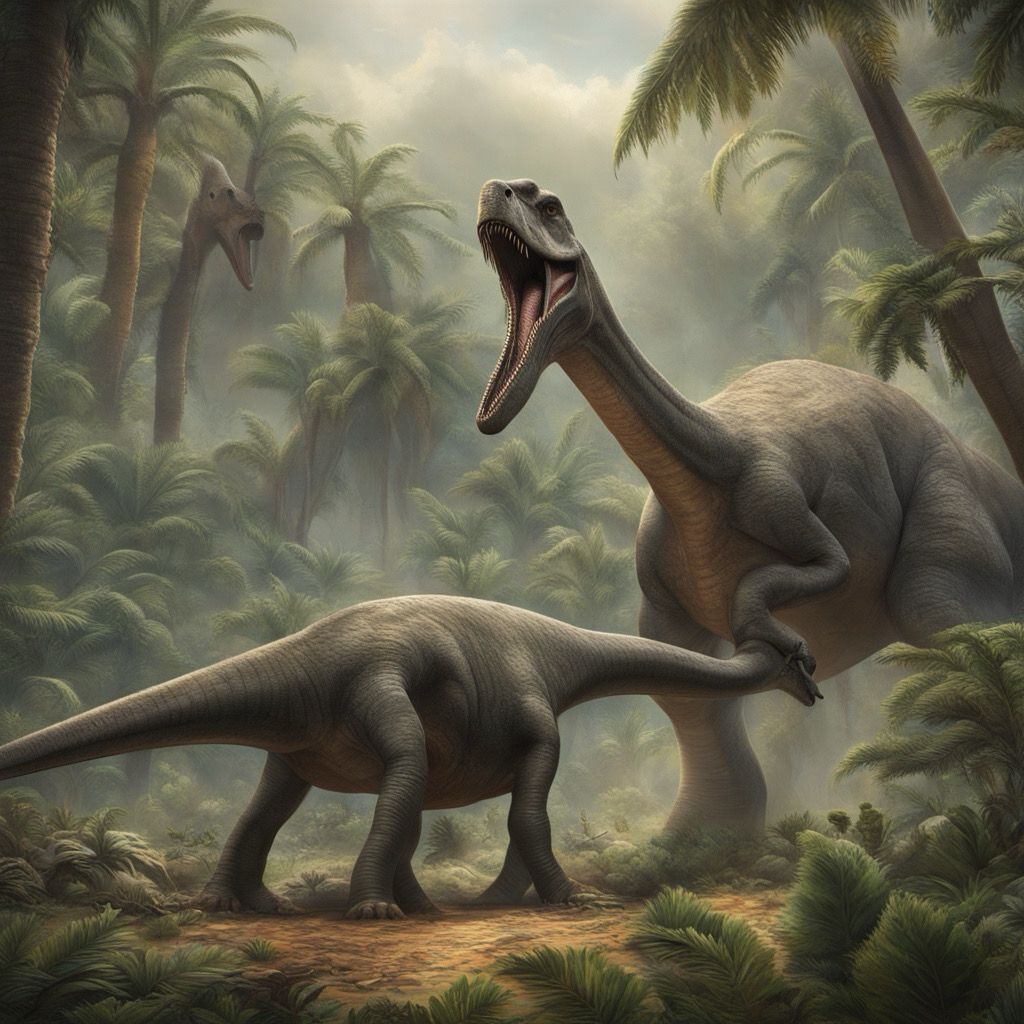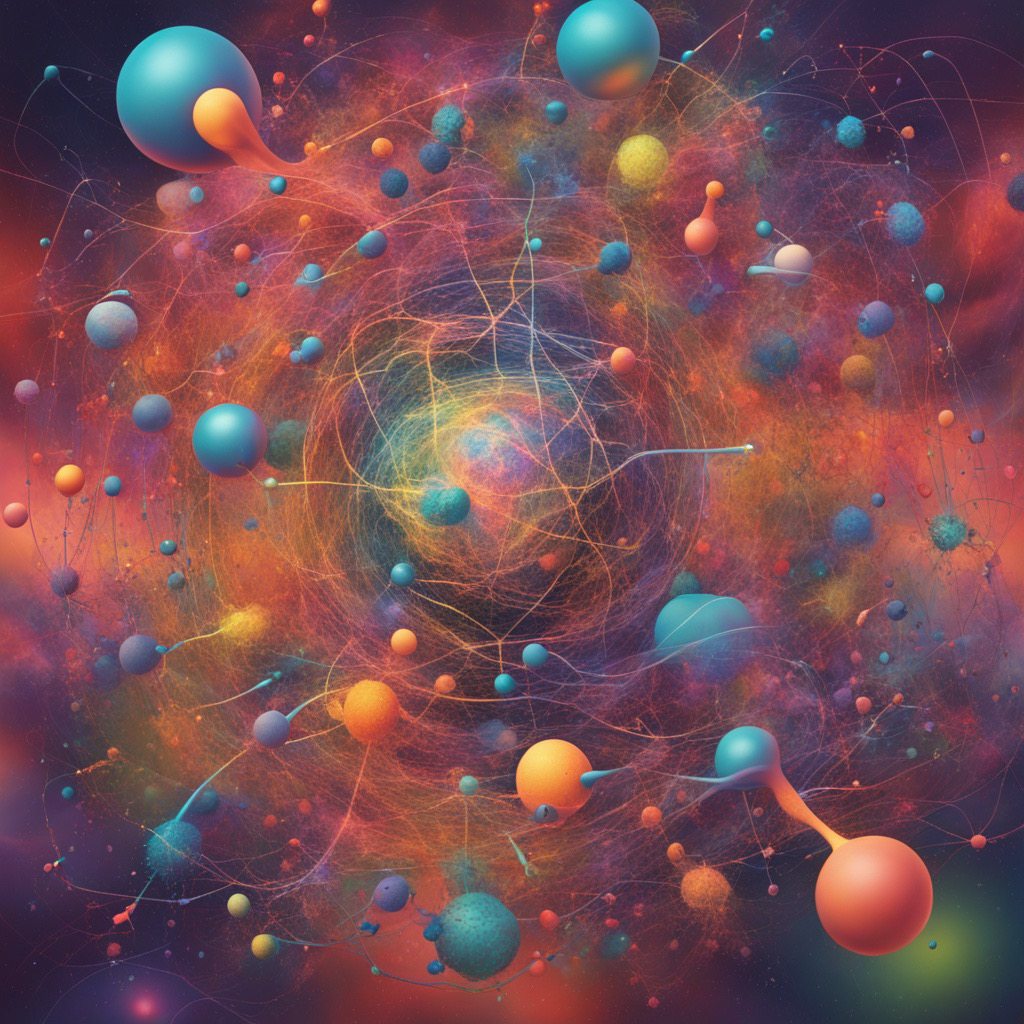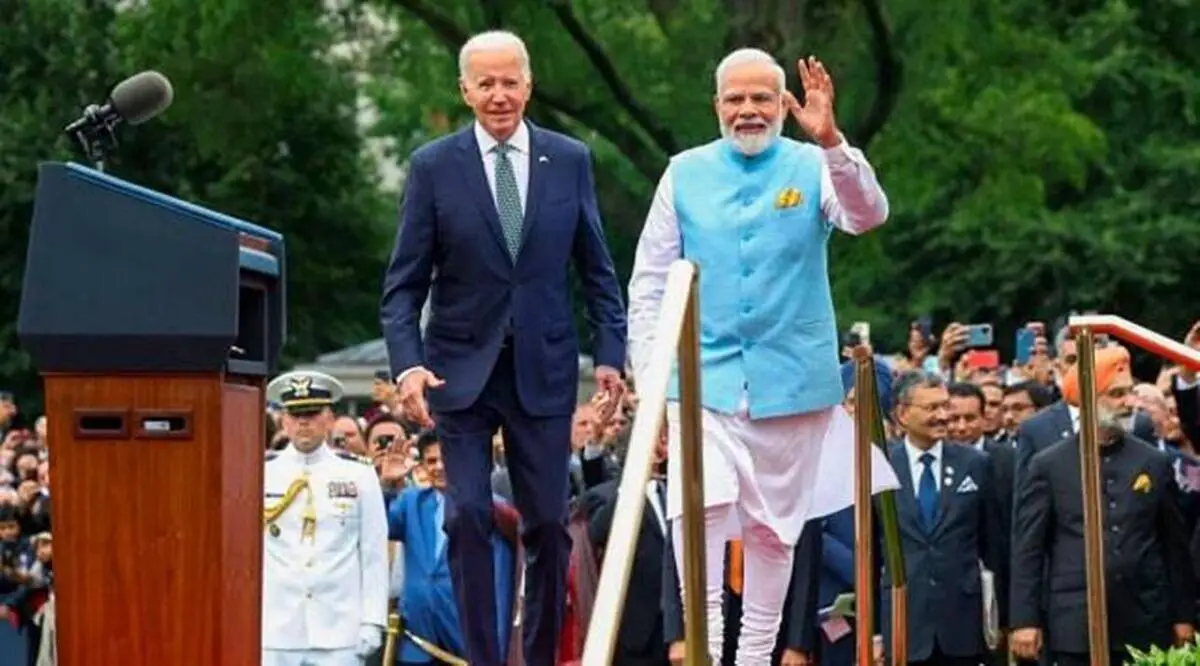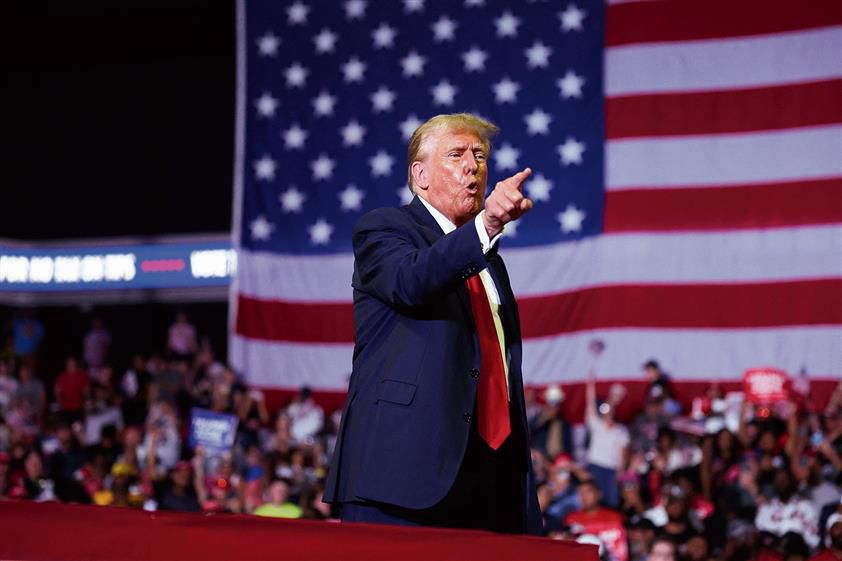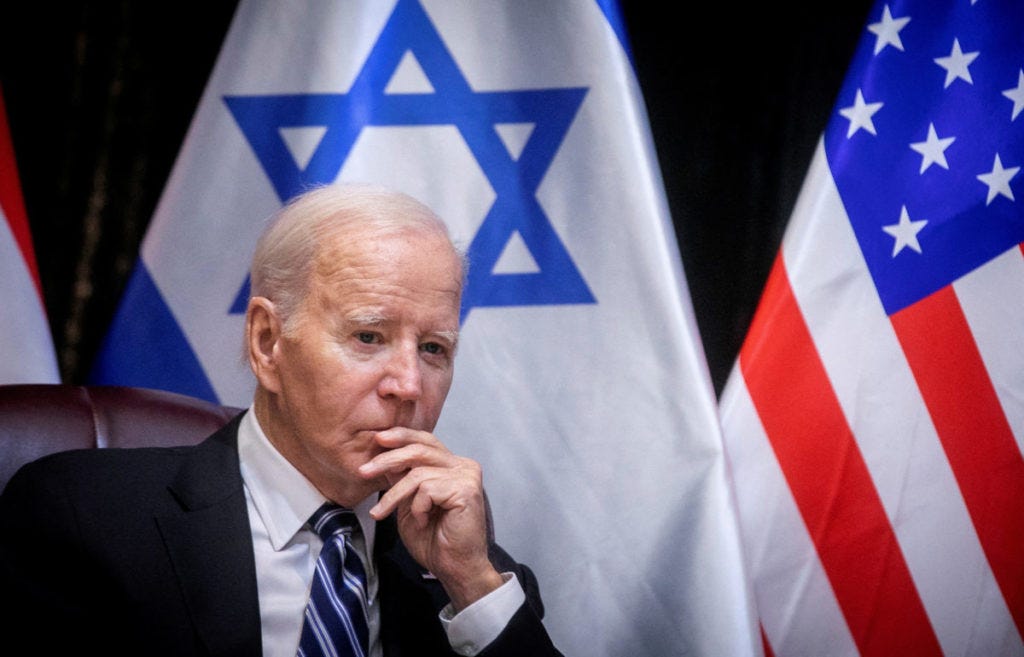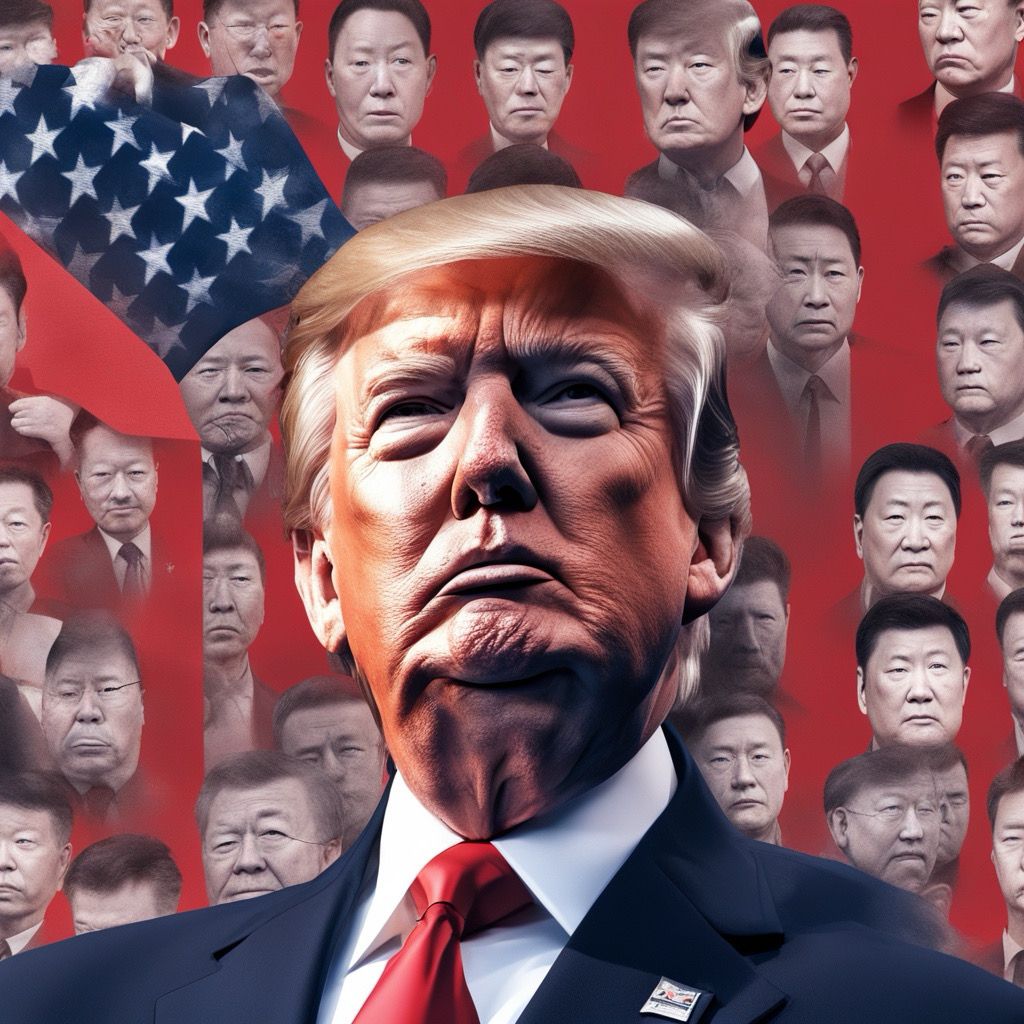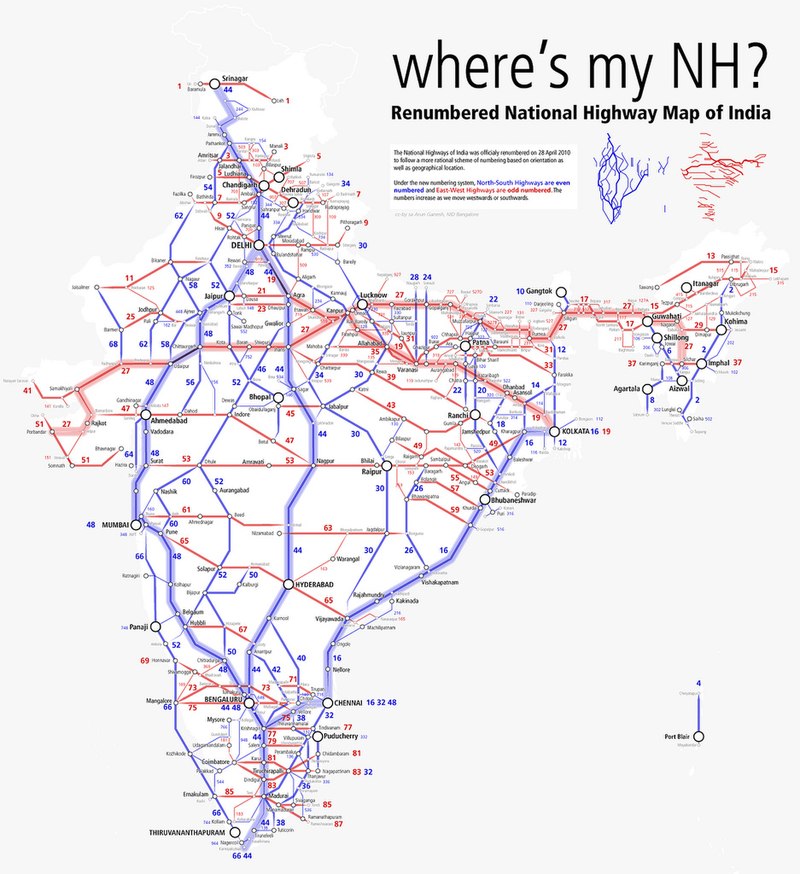Published: 5 months ago
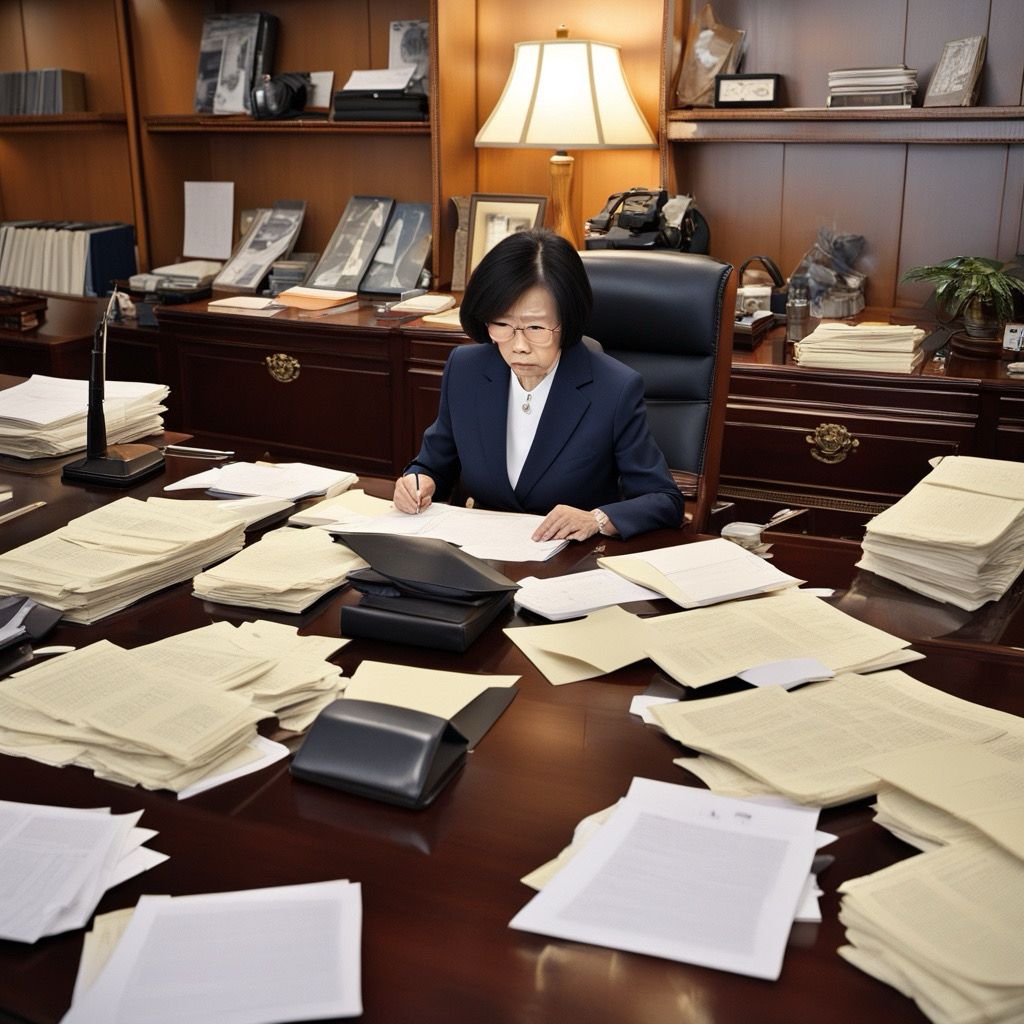
History
World Affairs
Summary
China and Taiwan share a complex history. Initially settled by Austronesian tribes from southern China, Taiwan was later administered by the Qing dynasty, ceded to Japan, and occupied by the ROC after WWII. Following a civil war, ROC leader Chiang Kai-shek fled to Taiwan in 1949.
Article
The history between China and Taiwan is a complex and contentious one, dating back centuries. Taiwan's first known settlers were Austronesian tribal people, believed to have come from modern-day southern China. Chinese records first mention the island in AD239 when an emperor dispatched an expeditionary force to it, which Beijing uses to back its territorial claim.
After a period of Dutch colonization, Taiwan was administered by China's Qing dynasty before being ceded to Japan after the First Sino-Japanese War. Following World War Two, Japan surrendered control of Taiwan, which was then considered occupied by the Republic of China (ROC). Chiang Kai-shek and his Kuomintang (KMT) government retreated to Taiwan in 1949 after being defeated by Mao Zedong's Communist army in the Chinese Civil War.
Chiang established a dictatorship in Taiwan that lasted until the 1980s. After his death, Taiwan began a transition to democracy and held its first elections in 1996. Despite having its own constitution, democratically-elected leaders, and a standing army, the status of Taiwan remains disputed.
The ROC government-in-exile initially claimed to represent all of China but lost its seat at the United Nations Security Council in 1971 when the UN recognized Beijing as the legitimate government of China. The United States also switched recognition to Beijing in 1979, recognizing the economic opportunities and need for diplomatic relations with China. Since then, the number of countries recognizing Taiwan has dwindled significantly, with only 12 countries doing so today. China exerts considerable diplomatic pressure on other nations not to recognize Taiwan.
The relationship between China and Taiwan remains tense, with China continuing to assert its claim over the island and Taiwan striving to maintain its autonomy. The two governments have engaged in a delicate dance of political posturing and economic cooperation, with both sides aware of the potential for conflict.
Taiwan has consistently sought to bolster its position on the world stage, seeking alliances with countries that support its independence. China, on the other hand, has been unwavering in its stance that Taiwan is an integral part of its territory and has not ruled out the use of force to unify the island with the mainland.
The history between China and Taiwan is a complicated one, marked by conquest, colonization, civil war, and diplomatic maneuvering. The future of this relationship remains uncertain, with both sides unwilling to back down from their respective positions. As the world watches closely, the question of Taiwan's status continues to be a point of contention in international politics. Only time will tell how this longstanding dispute will ultimately be resolved.
No opinions exist on this article yet!
Be the first one to share an opinion on this article.
This article does not have any attachments.
No Access
Share access to start recording your opinion

